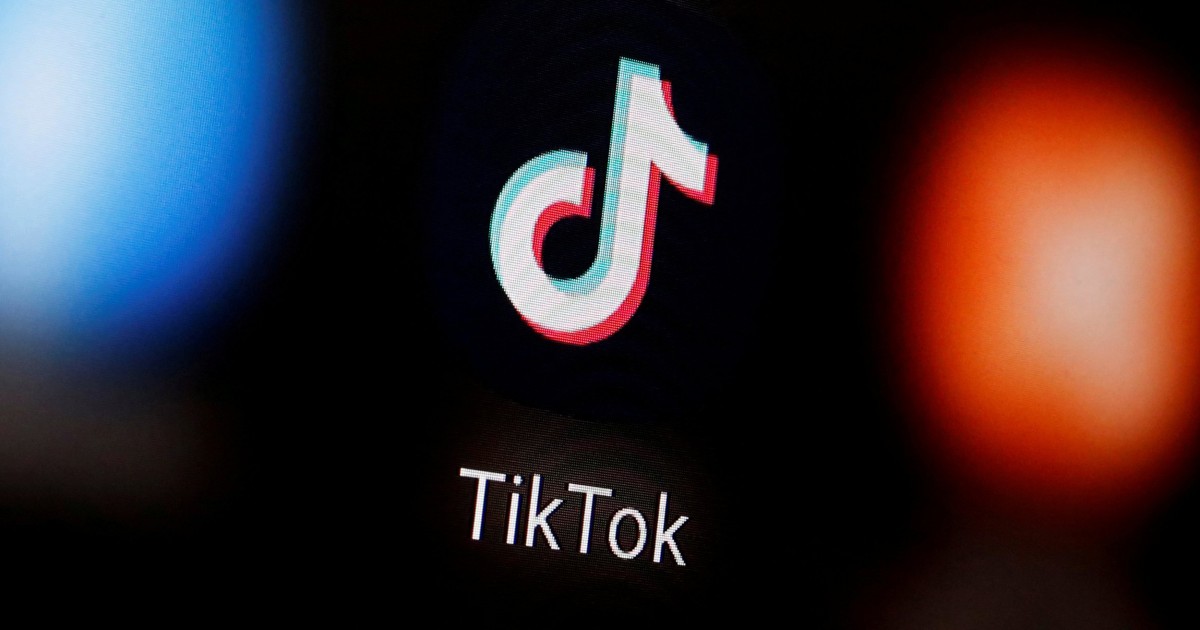
Facebook will launch Instagram Reels, its response to TikTok, in the United States and in more than 50 countries in a matter of weeks, according to sources familiar with the matter who were not authorized to speak in public.
The global launch, which has been in progress for more than a year, comes as TikTok faces Washington scrutiny over its handling of user data and amid increased tensions between the United States and China.
Like TikTok, Instagram Reels allows users to create and share 15-second video clips across a wide catalog of music. Like TikTok, users can also borrow and mix audio from other people’s videos. And, just like TikTok, users can view their viral videos in a “Featured Reels” section of the most popular videos.
Facebook first launched Reels in Brazil last November and expanded it to France and Germany last month. It launched in India last week, just days after India banned TikTok and more than 50 other Chinese apps for privacy and security reasons.
Facebook will launch Reels in the United States, the United Kingdom, Japan, Mexico and approximately 50 other countries. Users will be able to access the reels through a new icon at the bottom of their screen on Instagram and post them to the main feed of Instagram or Instagram Explore for public accounts.
The new service can give Facebook, which has nearly 3 billion users across all of its services, an opportunity to curb the rapid growth of a rival service. Facebook has tried to counter its rivals by imitating its services before, including with Instagram stories, which imitated a similar Snapchat feature.
“We are in a place where we have to be willing to recognize when someone did something incredible and try to learn from it,” Adam Mosseri, head of Instagram, said in an interview this year when asked about Snapchat.
At the same time, TikTok has become so popular, especially among teens, that it may be too late to control its rise without government action. The service now has more than 30 million active users in the US and has captured the cultural spirit.
In recent months, the US government has become increasingly fearful that TikTok is violating user privacy and sharing data with the Chinese government. TikTok denies that allegation, and policy experts argue whether such concerns are justified.
The White House is considering a TikTok ban in the U.S., as well as a plan to try to force ByteDance, the parent company of TikTok, to sell the service to a non-Chinese company.
Last fall, the Committee on Foreign Investment in the United States (CFIUS) opened an investigation into ByteDance and its 2017 acquisition of Musical.ly, the company it used to launch TikTok in the United States.
If the committee could demonstrate that TikTok was sharing data with the Chinese government, it could try to force ByteDance to sell Musical.ly, thereby dissolving TikTok’s business in the United States.
Aneesh Chopra, who was the first chief technology officer of the United States, under the presidency of Barack Obama, said that if the United States decides to take action on TikTok, “the CFIUS path is the only possible one.”

